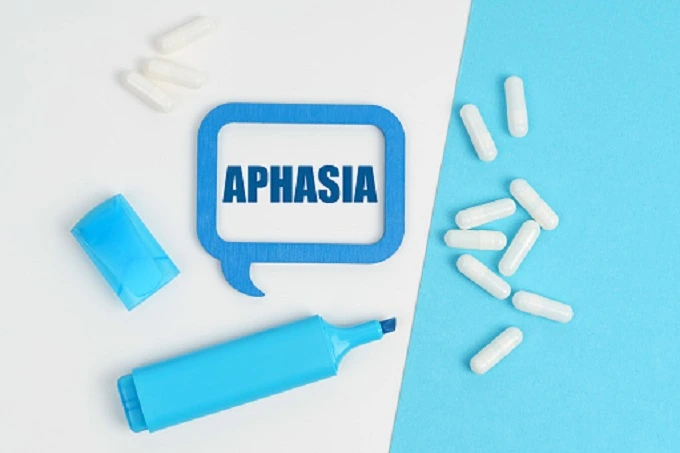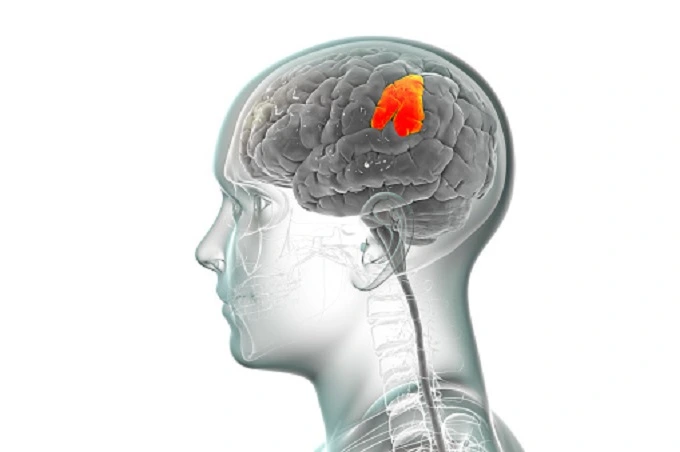Aphasia: why people can forget how to talk

Aphasia happens when the parts of the brain that handle language are hurt or broken. It happens more often in older people, especially people who have had a stroke.
Aphasia makes it hard for a person to talk, but it doesn’t hurt their intelligence. People with aphasia may find it hard to talk and find the “right” words to finish what they are thinking. They may also find it hard to understand spoken language, read and understand written words, write words, and use numbers. A person who suffers from it may also repeat phrases or words. This information will help you understand what aphasia is, why it happens, and how people with it live.
What’s Aphasia?
Aphasia is a neurological disorder that affects the parts of the brain that recognize and control speech.
People who have had brain surgery, brain tumors, strokes, some mental illnesses, or have been in an accident are most likely to have it. The condition can also happen to people with dementia or neurological diseases that worsen over time.

Types of Aphasia
Anomic Aphasia
It Is when the person doesn’t lose the ability to speak and understand others. But he has a hard time naming the things he sees.
Cross Aphasia
A dominant-side brain injury causes this type. But it’s reversed. Right-handed people have a dominant left hemisphere. Right-handed people with a right-hemisphere stroke have language problems.
Broca Aphasia
Non-fluent or expressive or Broca. It causes a learning disability. They speak slowly and in bits. Their speech is slow or strenuous since they can only say a few words at once. They can usually hear speech and read but may struggle with writing.
Transcortical motor Aphasia
The person can understand what other people are saying but can’t say words. He doesn’t lose the ability to make sounds, though.
Sensory Aphasia
People with this kind of disorder can’t understand what other people are saying and can’t make sense of the sounds and words they make themselves.
Wernicke Aphasia
Wernicke’s or receptive aphasia is someone who can speak fluently and use long sentences, yet their words may not make any sense.
Global Aphasia
It is a condition that occurs when the brain’s language centers are damaged. A person with global aphasia may be able to speak and understand only a few words. ‘
Total Aphasia
The person can no longer understand what is being said to him. At the same time, he can’t talk because many parts of his brain that control speech is damaged.
Aphasia symptoms

Aphasia is a condition that affects different people in different ways. The severity of the it depends on what caused it. So, it is hard to say what the signs of this disease are in a general way.
The disease can come on quickly and severely, especially after a stroke or injury to the brain. When a person has dementia and develops aphasia, it becomes hard to keep up with their usual conversations and choose the right words to say what they mean.
Also, people with this disorder may mix up sounds when they talk, making it hard to understand what they are saying. There may be long pauses in their speech because they have trouble putting
What challenges do people with aphasia face?
People with this disorder have a hard time getting through every day. They might have to quit their jobs because they can’t talk well or don’t understand what their coworkers say.
People with it often feel like they don’t fit in with others. Many people also feel helpless because they can’t do some of the things they used to do, and their family has to do them instead. For example, it’s hard for them to call doctors’ offices and other places to make appointments or tell store clerks what they want to buy.
A recent study by a researcher found that 93 percent of people with it have stress and depression because they are less independent and don’t have many friends.
Aphasia treatment
Unfortunately, there is no one treatment that works for everyone. Most of the time, treating the disease that causes the condition is the first step in getting better. For instance, in a stroke, restoring blood flow quickly to the area of the brain that was hurt can limit or stop permanent damage.
Cognitive-linguistic therapy
Cognitive-linguistic therapy is often used to help people who have trouble speaking. It puts the focus on the emotional components of language. For example, in some exercises, the patient has to describe how their voice changes depending on how they feel. Some of them ask them to explain what words like “happy,” “sad,” and “sweet” mean. By focusing on the emotional parts of language, these exercises help people work on their comprehension skills.
Melodic Intonation Therapy (MIT)
Melodic intonation therapy uses parts of speech that sound like music. For example, melody, rhythm, and accent can help you express yourself better in language. This method is based on using the speech-capable parts of the right hemisphere that are still there. Most of the time, it is used to help people who have very terrible aphasia. They start by singing simple phrases, and then they slowly change the way they sing phrases with longer and longer syllables. People practice using words and sentences that are important to them in their social and work lives.
Virtual speech therapist
People with aphasia now have more tools to help them communicate. Virtual speech therapists make it possible for patients to get therapy from the comfort of their own homes. People who have trouble speaking can also use speech-generating apps on their mobile devices as an alternative way to communicate.




